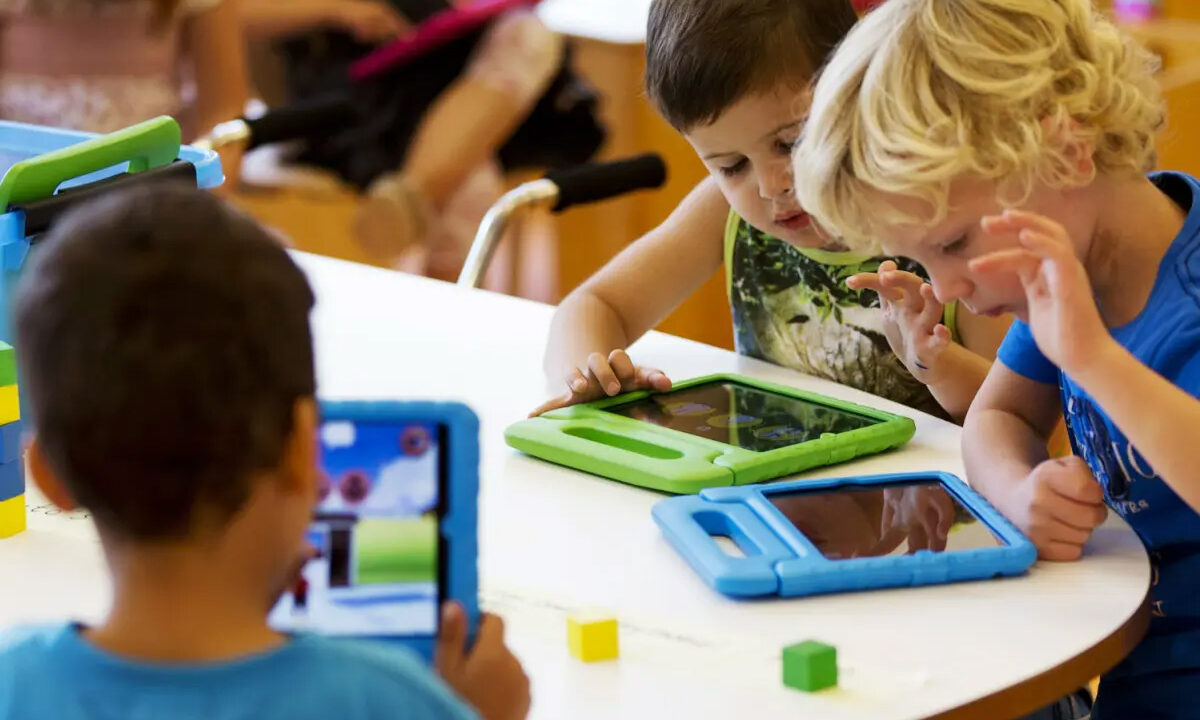Play is not just fun and games but also carries various benefits to a child's development such as fine motor skills, cognitive development, language skills, and more. In fact, children learn best through play. And in this day and age, children will never be short of toys to play with as there is a vast selection of different types of toys on the market that can be loosely categorised into two types — tech toys and traditional toys.
What are traditional toys?
Traditional toys are usually described as made from wood or other natural fibre that is not electronic and may be handmade. Common examples of traditional toys include building blocks, doll houses, play kitchens, and more.
Pros of traditional toys
- Creative thinking — Playing with traditional toys allows free play and sparks creative thinking where children use toys and other additional stuff to create fun imaginative scenes.
- Enhance cognitive abilities — Traditional toys provide an opportunity to stimulate children's cognitive ability as many involve constructive play which supports and reinforces numeracy and literacy skills. For example, wooden building blocks via number, letter, and shape recognition.
- Improve language and communication skills — Many traditional toys promote interactive play and social skills such as communication and turn-taking. When children play together, they learn to compromise, share, and collaborate and improve their language and communication skills.
- Durability — Wooden toys are generally more sturdy and designed to withstand the test of time to be passed on for generations.
Cons of traditional toys
- Less appealing — Traditional toys may seem less engaging and attractive to play with, especially if children are used to tech toys.
- Worn out — The toys can look worn out over the years as the paint can fade and go dull.
What are tech toys?
Tech toys are typically electronic toys that have some sort of power source (plugged in or battery operated) which may be in the form of a tablet or other toys with sounds, lights, and music.
Pros of tech toys
- Provides technological awareness — We depend on technology in many aspects of our everyday life. The use and understanding of technology is vital for the next generation. Building awareness and helping children become familiar with gadgets at a young age can be beneficial for them in the future.
- Promotes learning through play — Many types of tech toys can help children learn alphabets, numbers, colours, and shape recognition which are vital to support their developmental phases.
- Expands creativity — Tech toys like tablets, can help children expand their creativity and imagination to create more advanced things beyond what a pen and paper can do. Instead of an ordinary square, children can design a 3D square that lights up and bounces.
Cons of tech toys
- Isolation — Certain tech toys like video games and some apps can take over children's interaction with others.
- Unhealthy lifestyle — When children are too focused on playing with their toys, the inactivity can lead to obesity and worst-case scenario, diabetes. The blue light can also be harmful to their eyes. Hence, be sure to limit screen time and have some time under the sun for a well-balanced lifestyle.
- Lower social skills — Some tech toys require more focus than others, it can be almost impossible and frustrating to talk to your children. The more they spend time playing with their toys, the less likely they are to communicate and socialize with family and friends.
















